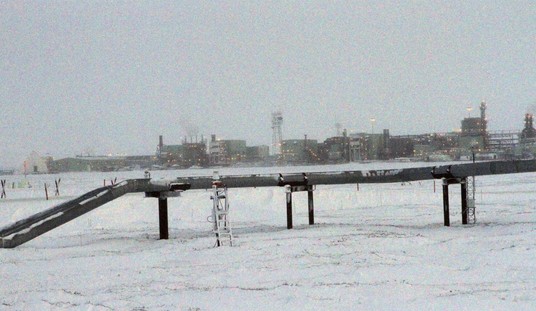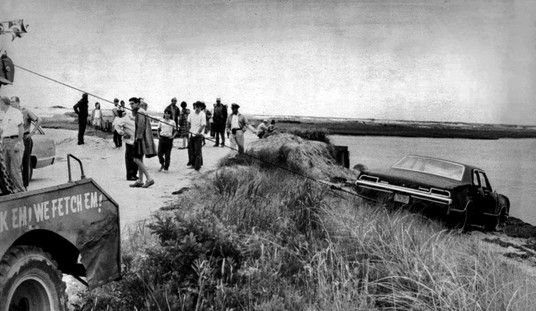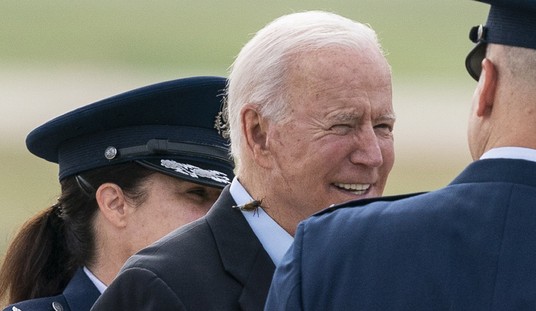Rig Maintenance Supervisor Bill Masters of Trout, LA lost his job with Seahawk, a shallow water rig contractor, last June 23. After 38 years on the rigs, Masters hoped to go back to work fairly quickly; that’s the way it had always happened before.
But not this time.
Seahawk has laid off 300 workers. Only three of 20 rigs in its fleet are currently working. (One of them is expected to be working for my company within a few weeks.)
Bill Masters is one of thousands who may never work the rigs again.
From the Financial Times:
Oil and gas groups in Gulf struggle after spill
Ken Salazar, interior secretary, said at the time that the administration wanted to proceed cautiously and focus on creating a more stringent regulatory regime.
The approach is already being felt. Regulators have issued only 19 permits to drill new wells in the shallow waters and one in the deep water since BP’s April 20 disaster. Before the accident, 69 exploration and development plans were pending approval, and 10-15 permits a month were being issued.
A quarter of the 44 shallow water rigs in the gulf are idle awaiting permits, says Jim Noe, executive director of the Shallow Water Energy Security Coalition. There were 86 rigs in the gulf before the spill, but 14 have left since. Of the 72 remaining, 44 are in shallow water and 28 left in deep water.
Forty thousand jobs are at risk in the shallow water alone, he said. That 90 per cent of the wells in the shallow water are for natural gas means there is no risk of an oil spill, he says, yet the authorities are not looking at the science.
“We’re on life support as an industry,’’ Mr Noe said.
[Emphasis added.]
Rigs are part of the critical infrastructure of the Gulf. They are the mobile machines that not only drill new wells but work on old ones. Without rig activity, production falls off rapidly.
There are several different classes of rigs, each with a specific application, water depth range, etc. They are not interchangeable. With the dwindling rig fleet, other aging infrastructure and increasingly hostile Federal regulatory presence, the Gulf of Mexico will not be sustainable as a producing province.
No doubt Mssrs. Obama, Salazar and Bromwich and Ms. Browner are well aware of that fact.
Cross-posted at VladEnBlog.













Join the conversation as a VIP Member